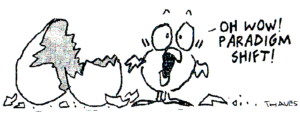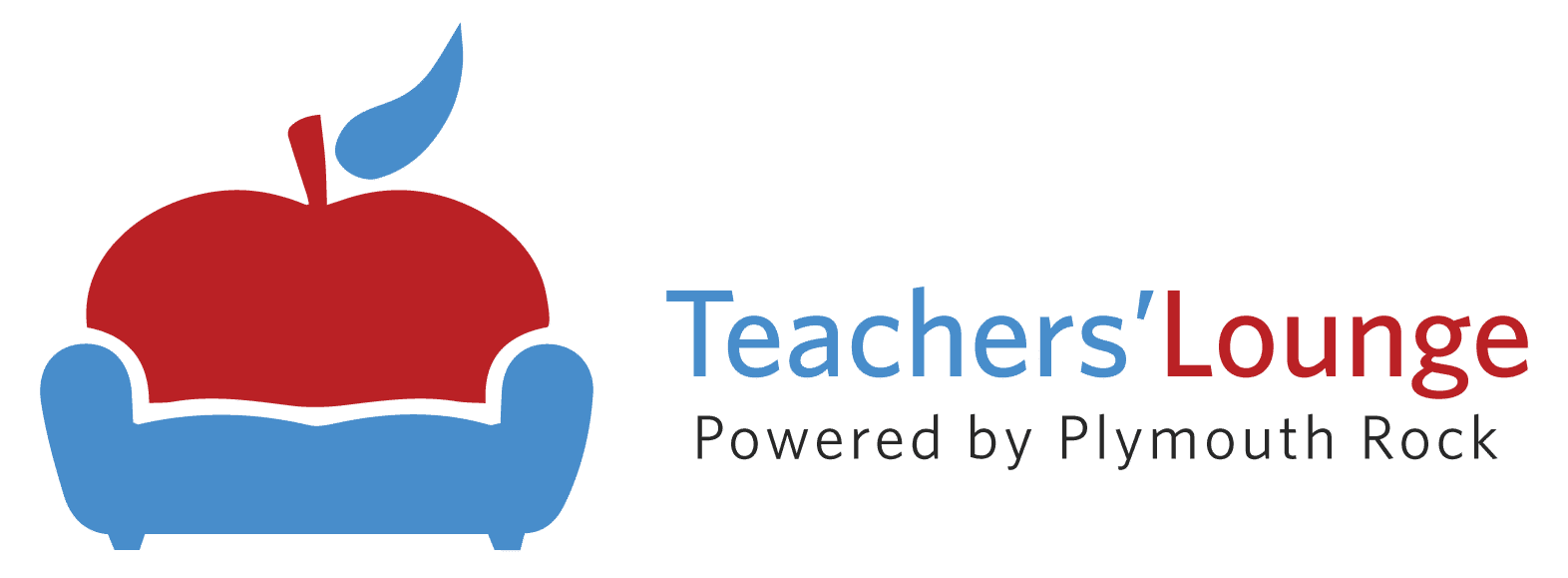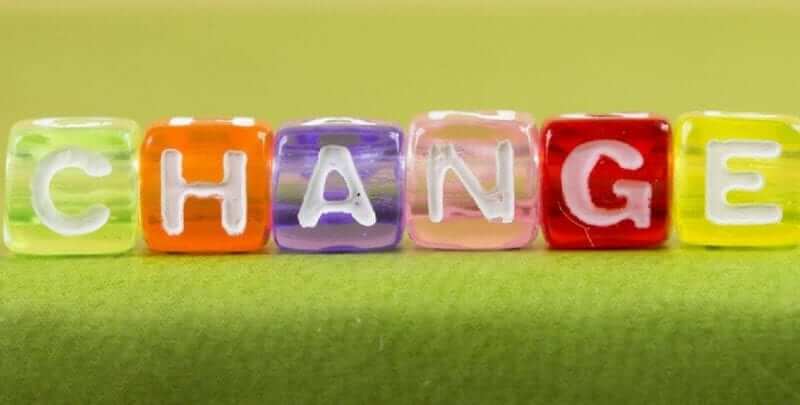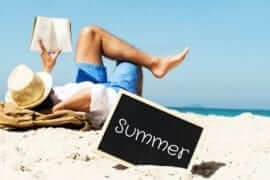6 Books That Can Change the Way You Teach

Source: GoComics
As the heat of July settles in, and we crank up the air conditioners and confine ourselves to the cool of our houses during the blazing afternoon hours, it is the perfect time to do a little reading and reflecting on our teaching. I like to do this before getting lost in the minutiae of classroom set-up and unit and lesson planning for the next year. Those things can wait until the end of July or even August.
First, I try to consider, after a few weeks of time to decompress, what went well this past year and what didn’t. I try to assess my general attitude towards teaching right now and determine what kind of mindset I want to embrace by the end of the summer to be a better teacher next school year.
To help me answer some of those big questions, I like to read a broader, more philosophical book. I’ve compiled a list of 6 books that can change the way you teach below based on my own experience and recommendations from people I trust. All of these books could be read by teachers of any grade level as they challenge us to ask big questions about education and examine our mindsets and practices. Whenever possible, I’ve linked videos that preview the ideas in the books. WARNING: These 6 books may cause a paradigm shift!
- Digital Leadership by Eric Sheninger
I read this book a few years ago as I was contemplating a position as a “learning technology integrator” (that’s quite the title, huh?). I didn’t end up taking the position and remain a mere Language Arts teacher, but the ideas this book presents about effectively using technology have changed my teaching. We often want to use technology to simply enhance what we already do; for example, we use a SmartBoard as a fancy chalkboard or iPads like notebooks to take notes while reading. This book offers ideas for how to use different forms of technology to truly transform your instruction and assessment to make your classroom more interactive and get at deeper levels of learning. He gave a preview of his ideas in a TEDx lecture linked here.
- Drive by Daniel H. Pink
This recommendation actually came from a non-teacher friend who read this to inform her job in marketing. Nonetheless, this book definitely has implications for education. Pink dives into LOTS of scientific research on what motivates people in general and found that it boils down to three things: autonomy, mastery and purpose. Teachers can utilize these findings in a multitude of ways in K-12 classrooms. To view his TEDTalk use this link.
- For White Folks Who Teach in the Hood by Chris Emdin
This book came highly recommended from an old teacher friend whom I’ve actually known since kindergarten. She is an AMAZING teacher who has taught for 17 years in an urban school district. She said this book gives a lot of positive insight into teaching children of color and creating a true classroom community. She also said that author Chris Emdin is a dynamic speaker as is evident in this clip from TEDxBerkeley.
- Poor Kids, Rich Teaching by Eric Jensen
The technical education center where I currently teach has used this book to inform our professional development work for the past year. Jensen exposes the sad truth that about 50% of all U.S. public school students come from families living at or below the federal poverty level. Furthermore, living in poverty can negatively impact students in many ways: cognitively, emotionally and socially. This book provides 4 mindsets for teachers to adopt to become champions in their students’ lives and help them achieve at high levels, no matter their background.
- Better Than Carrots or Sticks by Smith, Fisher & Frey
This past year I was able to be a part of a group in my school district that is investigating how Restorative Justice principles could be more widely used across the division. You see, when analyzing data, it was found that, in my district and in districts all across the country, students of color and students living in poverty were suspended at much higher rates than other groups. And these suspensions often did not resolve behavioral issues as they didn’t get to the core of why the behavior happened in the first place. This book discusses classroom management that moves beyond traditional punishments and rewards to 1. Help students learn self-regulation and conflict resolution strategies to correct misbehavior themselves. 2. Help parents, teachers and students work through challenging behavior together as a team. It has absolutely changed how I think about and approach managing student behavior in my classroom.
- How to Grade for Learning by Ken O’Connor
Grading is such a difficult beast to tackle. The previous school district that I worked in for 13 years made the shift to a grading for learning system about a decade ago. This shift was very challenging for teachers, students, and parents alike; and now ten years later they are still tweaking their grading system to better communicate what students have learned. When the shift initially started, I got the chance to attend professional development sessions with Ken O’Connor, and we used this book as a guide. It really forced me to question what a grade should represent and how to better tie grades to the learning standards I wanted my students to meet. The ideas in this book now inform my grading practices on a daily basis. For a short preview of O’Connor’s core ideas, click here.
It is so cliché to end with a quote, but I’m doing it anyway, with a quote from Oprah no less! “The smallest change in perspective can transform a life. What tiny attitude adjustment might turn your world around?”
After 16 years of teaching, I truly believe Oprah is not speaking in hyperbole here. Our mindsets towards our students and our teaching can change lives, both our own and those of our students.
Like I said before, as you read these books you may encounter some hard truths and ideas you initially want to reject. Try to avoid doing so. Keep your mind open and constantly ask yourself how what you are reading could improve the learning experience for your students and the teaching experience for you. If you can do both of those things, even just a little bit, you will undoubtedly achieve better results in any number of areas that you care about.
– Megan Panek





